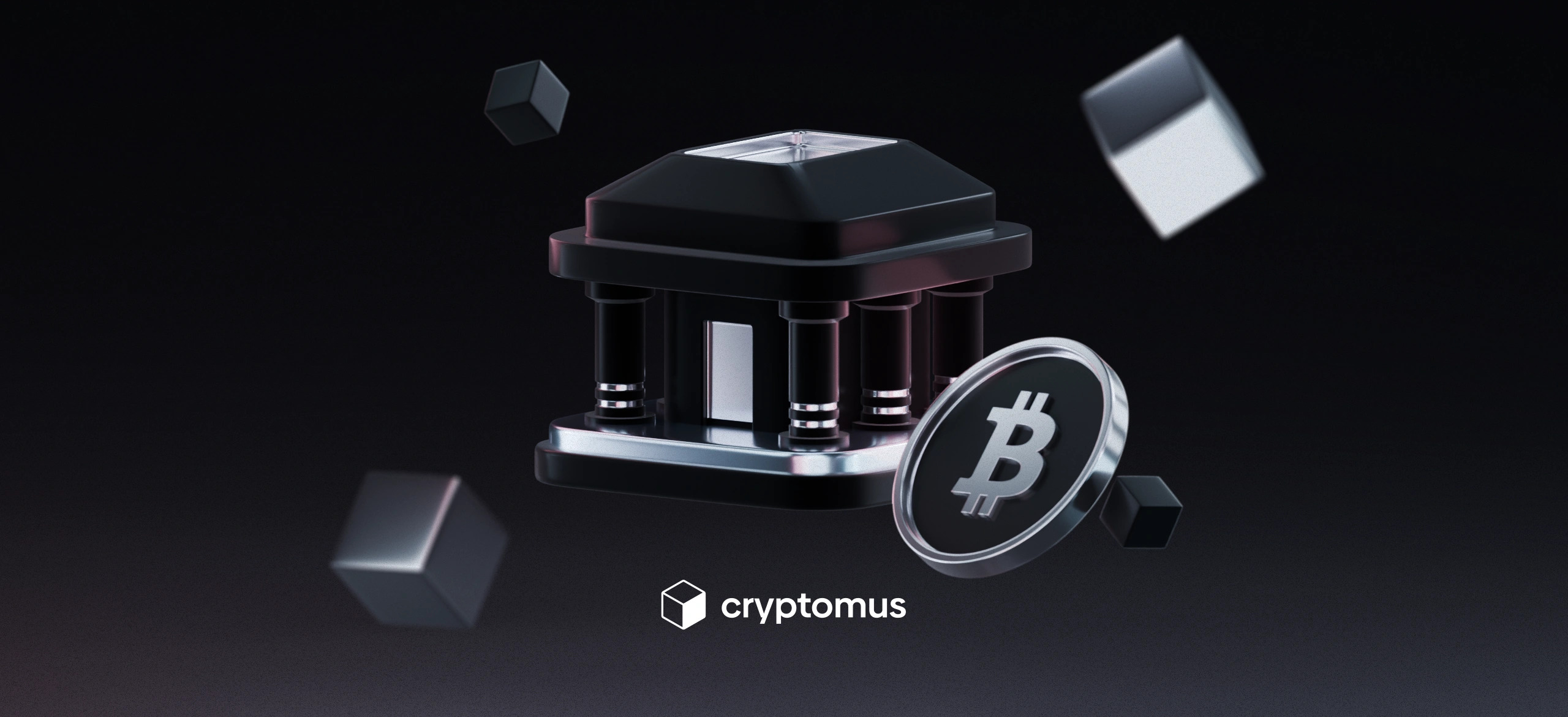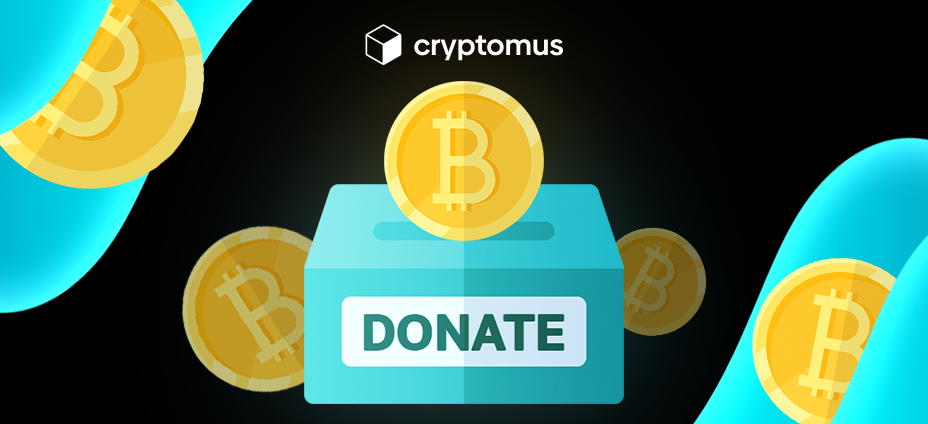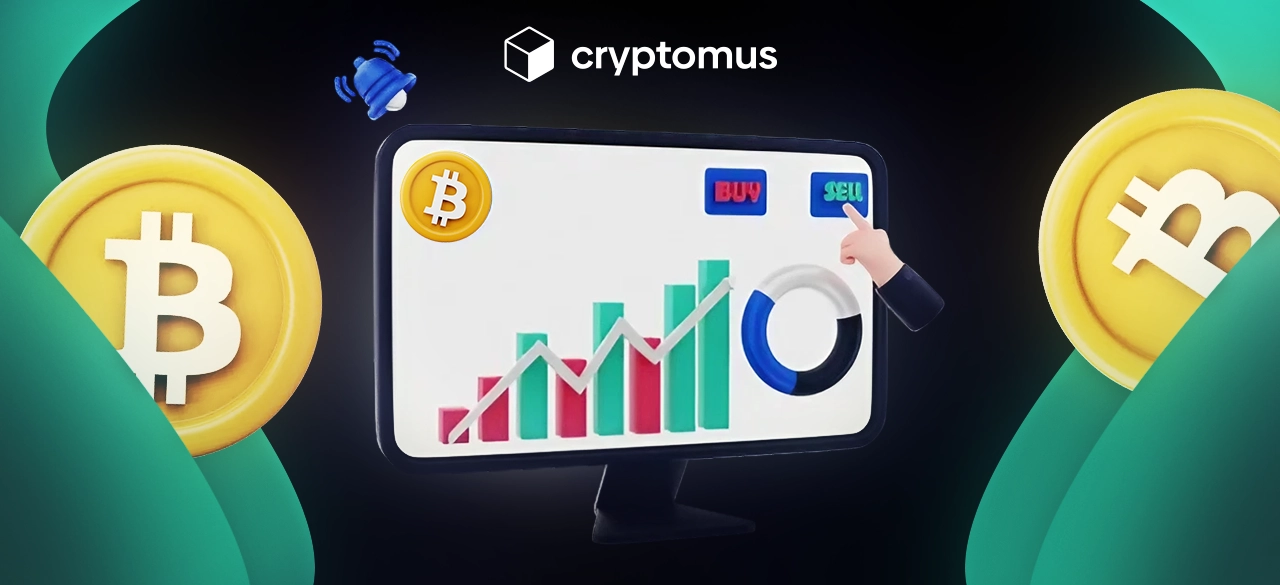
What Is a Market Making in Cryptocurrency
Table of Contents
Stable crypto trading depends on the liquidity level, which is formed by market makers. They are the ones who ensure efficient trading by quoting buy and sell prices. We’ll tell you more about what market making is, how it works, what types of it exist, and what risks may arise in this article.
What Is a Market Maker?
So, a market maker (MM) is an individual or organization that provides liquidity to the crypto market by constantly placing orders for buying and selling assets. To become a market maker, it’s necessary to understand the market dynamics, know the technological nuances of trading, and be able to provide sufficient financial capital. Most often, a market maker is an algorithm that is controlled by trading bots or companies that place orders. In both cases, MMs facilitate trading by reducing price volatility and bid-ask spread. Thus, they not only increase liquidity but also maintain an efficient trading environment on the exchange.
What Does a Market Maker Do?
As we already said, market makers place orders to buy and sell crypto, so the market is always full of trade offers. What is the purpose of this?
For example, a seller and a buyer cannot agree on the transaction price. In this case, the market maker offers to buy tokens from the seller at a price acceptable to him and sells them to the buyer at a cost he considers fair. Thus, the MM acts as an intermediary between the deal participants, closing the difference between the prices and reducing the spread. The benefit for the market maker in this case is earning on this spread and rewards from the exchange for their work.
Let's look in detail at the main functions of market makers:
-
Providing liquidity. Constant placement of orders keeps the market active and dynamic.
-
Formation of order book depth. Thanks to order placement, trades (including large ones) receive sufficient volume without significant slippage.
-
Price stabilization. As a result of MMs’ actions, supply and demand are balanced, which reduces volatility.

Types of Market Making
MMs differ depending on their strategy. Based on this, there are 3 main types of market making: PMM (Proactive Market Making), AMM (Automated Market Making), and DMM (Dynamic Market Making).
PMM
Proactive Market Making means using external price data (such as oracles) and inventory management to place orders. Its main goal is to make capital utilization more efficient and reduce impermanent losses by actively correcting prices in response to the market. PMM strategy is used in protocols such as DODO.
AMM
Automated Market Making uses smart contracts and liquidity pools; this is the reason for providing trading without an order book. The strategy is based on mathematical formulas for price management (e.g., xy=k*). Traders interact with the pools directly, while liquidity providers receive a commission, incurring impermanent losses. AMM is actively used on the Uniswap platform.
DMM
Dynamic Market Making considers key parameters (such as commissions and price curves) in real time, based on market data. Market makers aim to improve AMM: they respond to volatility and demand, offer better prices, and reduce slippage. A well-known example is KyberSwap.
Risks of Using Market Makers
Since market makers are part of the crypto market, there may be some risks. Let's take a closer look at them:
-
Market manipulation. In poorly regulated markets, some MMs may place fake orders, manipulate prices, or use various fraudulent schemes such as pump-and-dump. This distorts the market and misleads traders.
-
Impermanent losses. Liquidity providers, especially in an AMM strategy, encounter impermanent losses, meaning the assets’ price in the pool differs widely. Thus, losses exceed gains.
-
Technical issues. Market makers rely on smart contracts and oracles. So, errors in these systems could result in financial losses or attacks, especially in protocols with low levels of auditing.
-
Regulatory uncertainties. The status of crypto market making remains unclear in many jurisdictions. With sudden regulatory changes, MMs may leave platforms or be restricted in their actions.
-
Dependence on liquidity. If an exchange relies on one or two market makers, it becomes vulnerable if they leave the platform. This leads to a strong increase in spreads and volatility, weakening the quality of trading.
Solution for Crypto Exchanges from Cryptomus
All these risks can be bypassed, for example, with the help of Cryptomus. This is a fairly young exchange but already has a large customer base, which includes more than 800,000 active users. This number is growing every day, also indicating the platform’s increasing liquidity.
Here are what other benefits Cryptomus offers as a liquidity provider:
-
Highly liquid assets. The platform has more than 100 trading pairs, including such liquid tokens as BTC, ETH, SOL, USDT, and others. The exchange also offers the possibility to choose a trading pair on request.
-
Favorable tariffs. Commissions on Cryptomus are rightfully considered one of the lowest on the market: for takers, they are 0.05% and zero for makers.
-
Liquidity for projects of any complexity. Cryptomus supports projects with varying risk degrees and working in niche market segments. The platform also guarantees an individual approach to providing liquidity. All these processes are carried out through an API offering easy integration.
-
Strong security measures. The platform runs on SSL encryption to protect from attacks and AML policy for financial security. All traders are subject to the KYC (Know Your Customer) procedure, which reduces the risk of fraudsters. There is also the KYT (Know Your Transaction) compliance, which complements KYC by focusing specifically on the transaction level to prevent suspicious activities.
If you are interested in the Cryptomus platform, you can go directly to the official website and learn the information from the site’s sections. If you still have any questions, the 24/7 support will be sure to help you out.
We hope this guide was useful for you to understand who market makers are and what role they play in the crypto space. Share in the comments with your opinion!
Simplify Your Crypto Journey
Want to store, send, accept, stake, or trade cryptocurrencies? With Cryptomus it's all possible — sign up and manage your cryptocurrency funds with our handy tools.
Get Started









